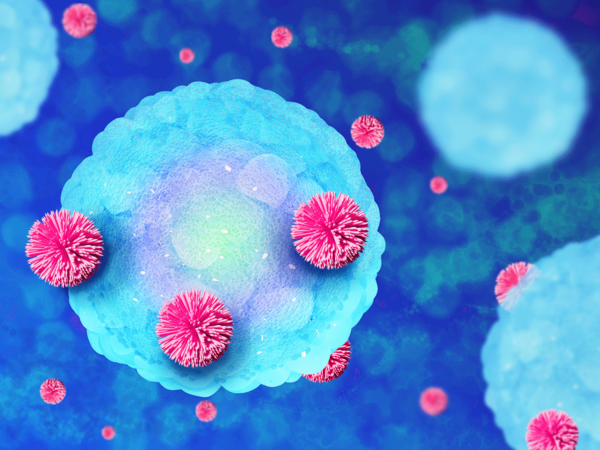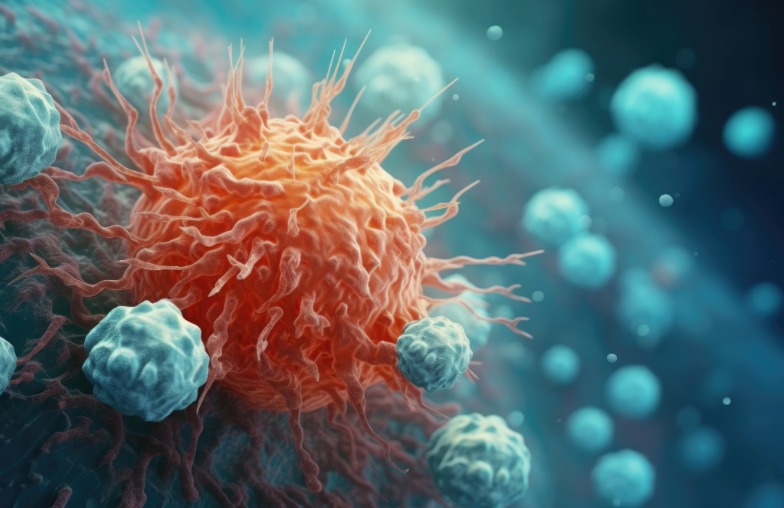Guidance for Dosing and Expectations for First-in-Human Oncology Trials
The past 18 months have been a whirlwind for oncology drug developers due to the release of the draft guidance (January 2023) supporting the Project Optimus initiative. The guidance was made final in early August 2024. With this final guidance, the U.S. Food and Drug Administration (FDA) doubled down on its goal of focusing on dose optimization and patient-centric approaches, aiming to maximize the efficacy of new cancer treatments while minimizing toxicity.
In comparing the final versus draft guides, the agency included firmer language than previously seen around the expectations for drug developers. While no FDA guidance is legal documentation, it does provide the agency’s current thinking on a topic and will ultimately dictate how companies interact with and obtain approval from the FDA.
Below is a summary of the agency’s final guidance, specifically calling out items that changed from the draft.
Identify the optimal dose early
If not clear before, the agency confirms in the final guidance that sponsors should plan their development programs such that identification of an optimized dosage(s) can occur prior to or concurrently with the establishment of the drug’s safety and efficacy. Development of a drug under an FDA expedited program is not a sufficient justification to avoid identifying an optimized dosage(s) prior to submitting a marketing application.
Discuss dose optimization plans with the FDA early
Additionally, the guidance strongly encourages sponsors to discuss their plans for dosage optimization with the FDA during formal meetings, including early in clinical development. The briefing document should include a summary of available relevant data used to select the proposed dosage(s); the oncology dosing tool kit is an available resource to summarize the relevant data. Sponsors may also consider the Model-Informed Drug Development (MIDD) paired meeting program, if appropriate.
Include a PK sampling and analysis plan in each protocol
While pharmacokinetic (PK) has previously been optional in first-in-human (FIH) studies, the agency takes a position on its expectations that a PK sampling and analysis plan should now be included in each protocol. The PK sampling and analysis plan for all clinical trials should be sufficient to support population PK and dose- and exposure-response analyses for safety, activity, and efficacy. A PK sampling and analysis plan for pharmacodynamics (PD) and pharmacogenomics data—including drug metabolizing enzyme or transporter gene variation, germline or somatic tumor gene variation, or target protein expression—should be considered when appropriate.
More patient-centered, holistic dosage assessments
We are excited to see the guidance emphasize an increased focus on patient-centered outcomes and holistic approaches to the asset, interactions with combination therapies as well as medications that the patient population may be utilizing during treatment. Additionally, the agency suggests that it may be useful to evaluate additional dose-level cohorts or add more patients to existing dose-level cohorts (i.e., backfill cohorts). This will provide additional clinical data to allow for further assessment of safety and activity prior to initiating a trial to compare multiple dosages. Randomizing—blinding patients and investigators—is encouraged to prevent bias as higher doses are often expected to be more efficacious, potentially leading to increased toxicities, which could be diminished.
Use of relevant data to support dosage evaluations
Lastly, according to the final guidance, larger IND data packages, including relevant nonclinical and clinical data, such as PK, PD, safety, tolerability, dosage convenience, and activity, as well as data from products in similar classes or with the same mechanism of action can also be used, when appropriate, to support the dosages for further evaluation. This is driving an increase in early strategic feasibility to not only provide supporting documentation but also provide a more solid foundation for identification of sites, investigators, and regions.
We can help
Catalyst Oncology has extensive experience advising clients on how to optimize their early clinical development plans and protocols to comply with Project Optimus. Discover how we partner with our sponsors to ensure their assets are ready for FIH testing and a seamless agency interaction by visiting Catalyst Oncology Consulting.




